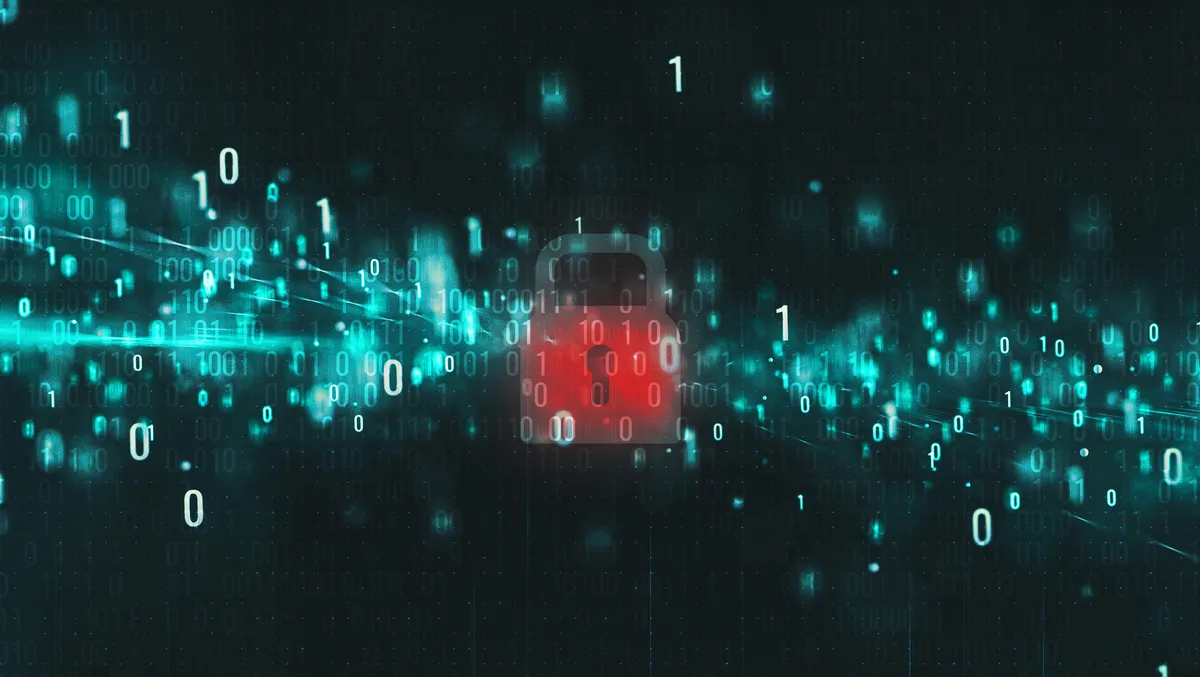
Ransomware ravages retail sector, with 75% increase in attacks
Sophos has published a new sectoral survey report, The State of Ransomware in Retail 2022, which found that retail had the second highest rate of ransomware attacks last year of all sectors surveyed after the media, leisure and entertainment industry.
Globally, 77% of retail organisations surveyed experienced a 75% increase from 2020. This is also 11% more than the cross-sector average attack rate of 66%.
Chester Wisniewski, Principal Research Scientist, Sophos, says, "Retailers continue to suffer one of the highest rates of ransomware attacks of any industry. With more than three in four suffering an attack in 2021, it certainly brings a ransomware incident into the category of when, not if."
He continues, "In Sophos' experience, the organisations that are successfully defending against these attacks are not just using layered defences, they are augmenting security with humans trained to monitor for breaches and actively hunting down threats that bypass the perimeter before they can detonate into even bigger problems.
"This years survey shows that only 28% of retail organisations targeted were able to stop their data from being encrypted, suggesting that a large portion of the industry needs to improve their security posture with the right tools and appropriately trained security experts to help manage their efforts."
As the percentage of retail organisations attacked by ransomware increased, so did the average ransom payment. In 2021, the average ransom payment was $226,044, a 53% increase when compared to 2020 ($147,811).However, this was less than one-third the cross-sector average ($812K).
Wisniewski says, "It's likely that different threat groups are hitting different industries. Some of the low-skill ransomware groups ask for $50,000 to $200,000 in ransom payments, whereas the larger, more sophisticated attackers with increased visibility demand $1 million or more.
"With Initial Access Brokers (IABs) and Ransomware-as-a-Service (RaaS), its unfortunately easy for bottom-rung cyber criminals to buy network access and a ransomware kit to launch an attack without much effort. Individual retail stores and small chains are more likely to be targeted by these smaller opportunistic attackers."
Additional findings include the following:
- While the retail sector was the second most targeted industry, the perceived increase in the volume and complexity of cyber attacks against the industry were slightly below the cross-sector average (55% and 55% respectively).
- 92% of retail organisations hit by ransomware said the attack impacted their ability to operate and 89% said the attack caused their organisation to lose business/revenue.
- In 2021, the overall cost to retail organisations to remediate a ransomware attack was $1.27M, down from $1.97M in 2020.
- When compared to 2020, the amount of data recovered after paying the ransom decreased (from 67% to 62%), as did the percentage of retail organisations that got all their data back (from 9% to 5%).
In the light of the survey findings, Sophos experts recommend the following best practices for all organisations across all sectors:
- Install and maintain high-quality defences across all points in the environment. Review security controls regularly and make sure they continue to meet the organisations needs.
- Proactively hunt for threats to identify and stop adversaries before they can execute attacks if the team lacks the time or skills to do this in-house, outsource to a Managed Detection and Response (MDR) team.
- Harden the IT environment by searching for and closing key security gaps: unpatched devices, unprotected machines and open RDP ports, for example. Extended Detection and Response (XDR) solutions are ideal for this purpose.
- Prepare for the worst, and have an updated plan in place of a worst-case incident scenario Make backups, and practice restoring them to ensure minimal disruption and recovery time.


